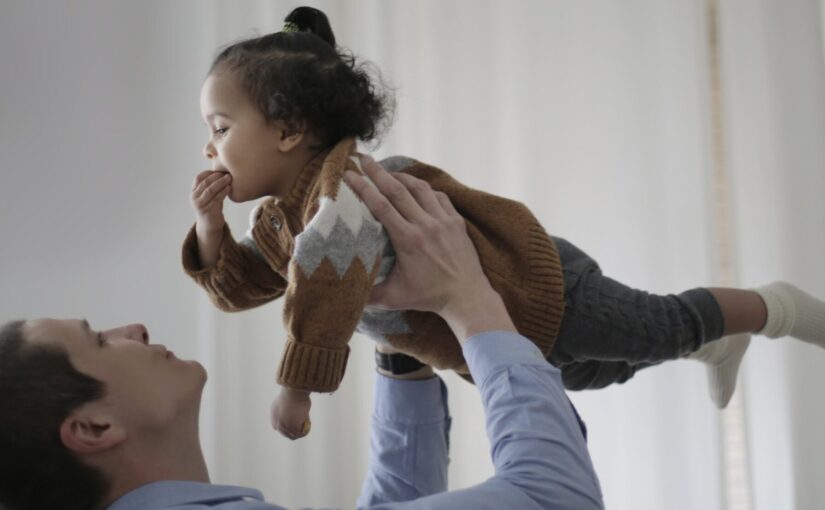Divorce and separation can be difficult topics at the best of times, and the stress is only exacerbated when there are children involved. Idaho child custody cases can be stressful and painful, and it is important to ensure that you have reliable, trustworthy legal advice on hand to ensure the best possible outcome for you and your family.
If you are facing a child custody case, and are feeling overwhelmed, we have put together everything that you need to know about child custody in Idaho, including the steps you need to take.
What Is Child Custody?
Idaho law defines child custody as being the guardianship that an adult has over a child, and this can be divided into two main areas: physical custody, which determines the place in which the child lives, and legal custody, which determines who has the right to make the necessary parenting decisions in the child’s life, such as their medical treatment, religious upbringing, and education.
Courts may decide to award both parents custody – known as joint custody – or else award custody to a single parent – known as sole custody. It is important to note that joint physical custody may be awarded alongside sole legal custody, vice versa, or a combination of these.
What Factors Can Impact A Child Custody Case?
A child custody case will be impacted by a number of factors, and these include:
- Whether the parents are married
- Whether the court is responsible for determining the custody schedule
- Whether parents are seeking to alter an existing child custody arrangement
- The physical location of each parent
- Any history of abuse or criminal convictions
The priority of the court will be to act in the way that is in the best interests of the child or children involved, and the final decision lies with the judge in question, who will make their judgment based on the evidence presented, as well as several key factors set out in Idaho law:
- What are the wishes of the child’s parent or parents with regards to custody?
- What are the wishes of the child? Do they have a preferred custodian?
- What interaction or relationship does the child have with their parents or siblings?
- Is the child settled in their home, school, and local community? Do they have ties to a particular area?
- What is the character of all parties involved? Are both parents deemed to be fit to care for a child?
- What are the circumstances of all parties involved? Are both parents capable of caring for a child?
- Which decision will help to ensure stability and continuity in the child’s life?
- Have there been any incidents of domestic violence by either parent?
- What is the state of the child’s mental health? Are there any situations where anxiety or stress could be exacerbated?
- Are there any other parental figures involved, such as step-parents or grandparents, with whom the child has a relationship?
- Does one parent intend to move to an area that is far away? What impact will this have on the child?
Changing Your Custody Order
Once the judge has ruled, the custody order will be drawn up and both parties will be expected to adhere to this.
In some cases, there may be situations which require alterations and changes to the original custody order. If both parents are on amicable terms, then a change can be made without any need to involve the courts or return to the judge for a formal adjustment. In the majority of cases, however, parents will be unable or unwilling to agree, and court intervention will be required.
A request to change or modify a custody order can be made by either parent, but it is important to note that a judge is very unlikely to grant any modifications to custody unless a substantial period of time has passed since the original custody order, or if there has been a material change in circumstances, such as a parent relocating or changing their employment.
If either parent requests a modification for the custody order, a hearing will be scheduled by the court – this is a chance for any new changes and evidence to be aired. As with the original order, any agreements for changes will always be in the best interests of the child or children involved.
Navigate Your Next Steps With Our Boise Child Custody Lawyer
Handling a separation or divorce can be a difficult time – and this can be made more complicated and distressing if there are children involved. By having a brief overview of child custody in Idaho, you will be in a stronger position to take your next steps forward. In any case involving child custody, it is crucial that you have a qualified, experienced legal professional on hand to help you – and this is where we come in. Get in touch today, and let us walk you through every step of your case.

